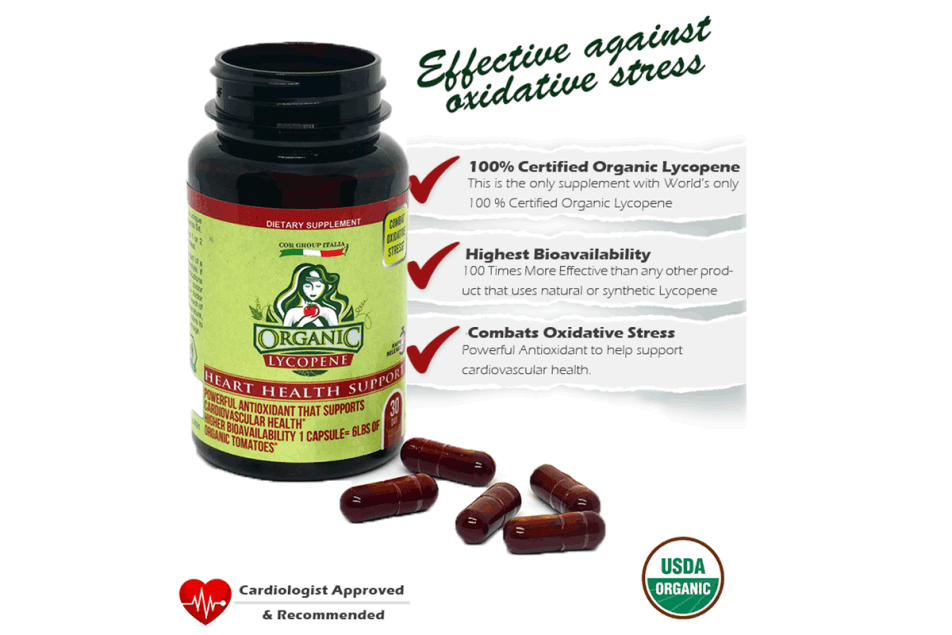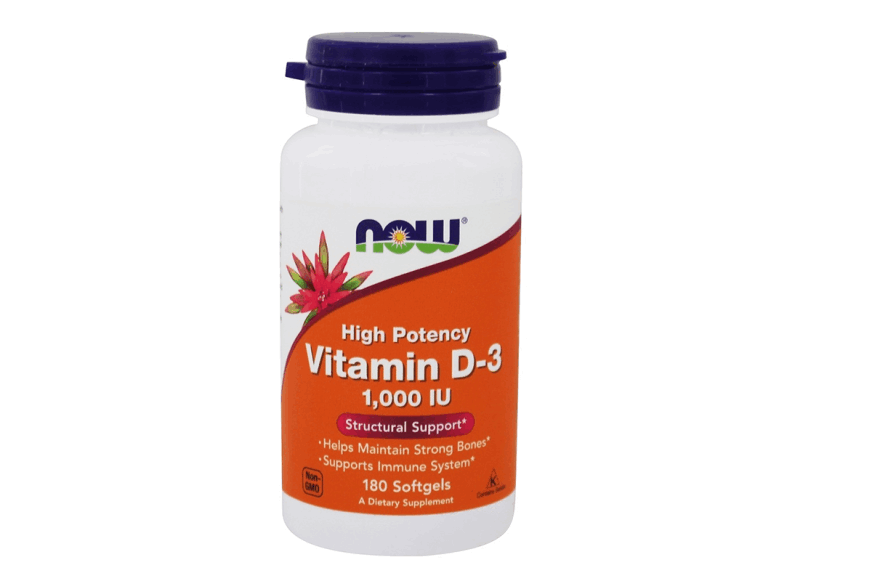There is so much good information about Vitamin C, particularly related to lung diseases, such as ADRS and septic shock. In 2019 there was a study done about how “Vitamin C Can Shorten the Length of Stay in the ICU” with data showing statistically highly significant evidence that vitamin C can shorten the length of ICU stay. [https://www.ncbi.nlm.nih.gov/pmc/articles/PMC6521194/]
In addition, vitamin C is a vitamin soluble in water. It dissolves in water, meaning excess quantities are not contained in your body but expelled by your urine instead. Adding more vitamin C doesn't mean the body absorbing more.
High-dose vitamin C supplements can also induce diarrhea, because they can trigger water from the cells and into your digestive tract in your body
Moreover, although high dose vitamin C appears encouraging for treatment with COVID-19, these doses were extremely high and administered via IV — not taken orally. Moreover, it was administered only in situations that were serious enough to warrant hospitalization.
Your best choice is to eat a diet full of a variety of fruits and vegetables that, along with many other nutrients and antioxidants, naturally provide all the vitamin C a healthy person requires.
If you want to take a supplement with vitamin C it is important to choose one that is of high quality and to take the right dosage.
In addition, the upper limit (UL) for supplemental vitamin C — the maximum dose that most individuals might consume without adverse effects— is 2,000 mg
You may want to choose a vitamin C supplement that has been tested by NSF International, ConsumerLab, and United States Pharmacopeia (USP).
So should you take vitamin C, yes if you can get it in the store you can take it as supplement. But don’t forget to take that bowl of fresh fruits in the morning, which has lots of vitamin C and is probably more bio available, but you can get a lot of Vitamin C in a supplemental form.



